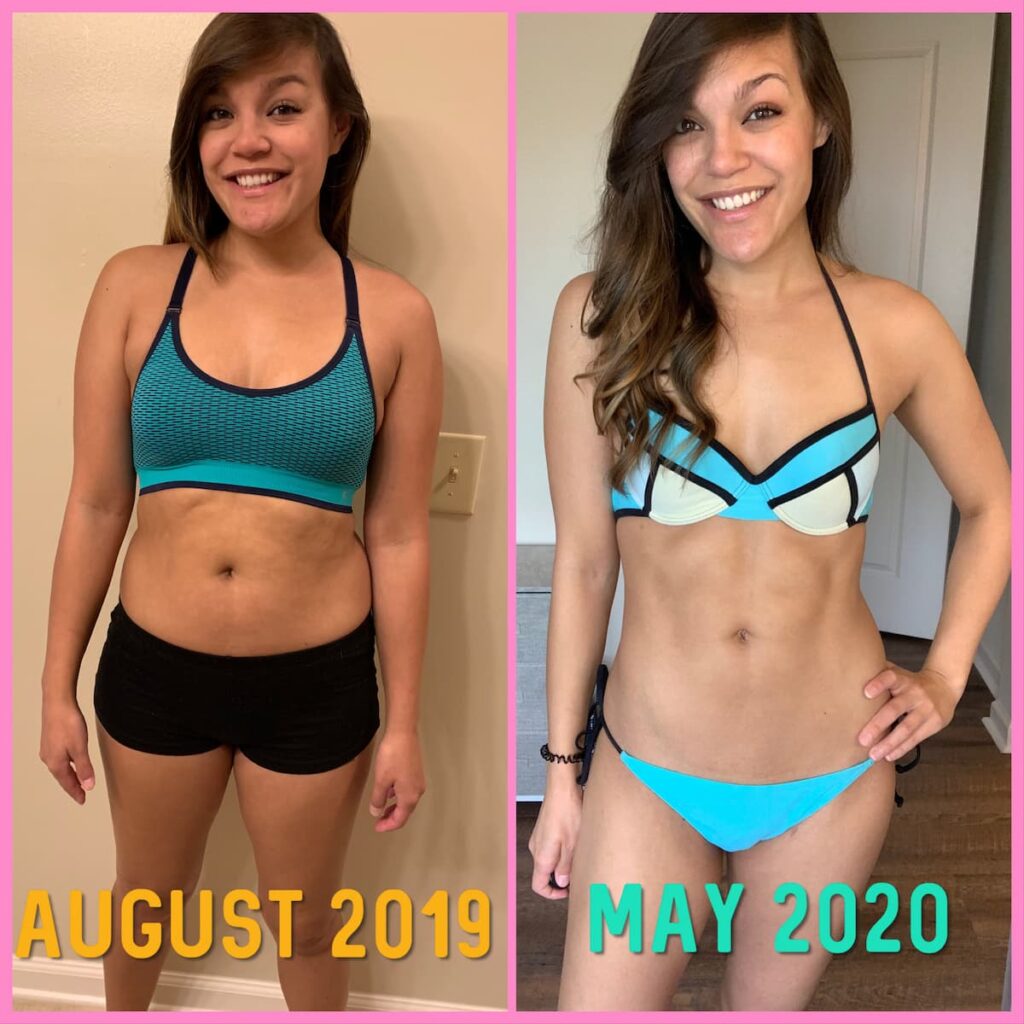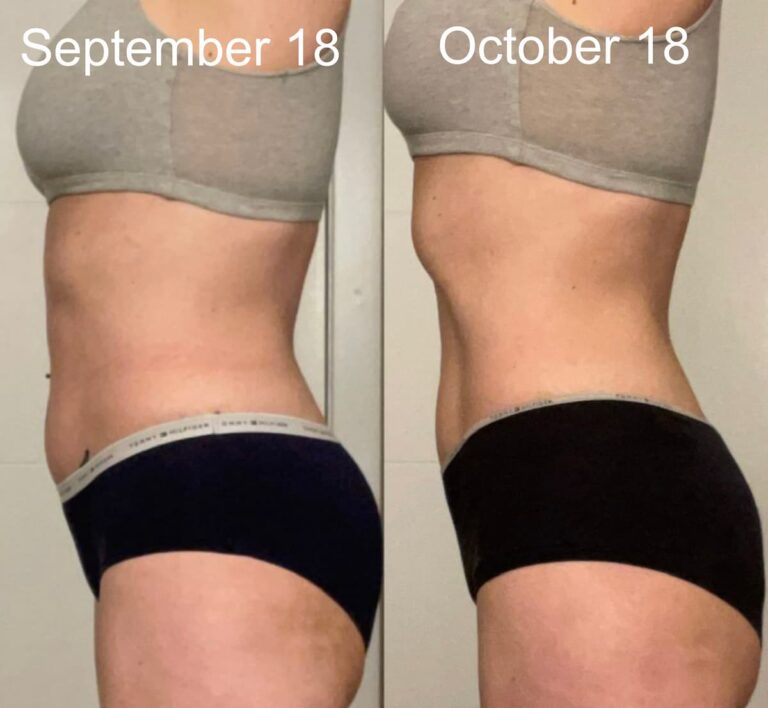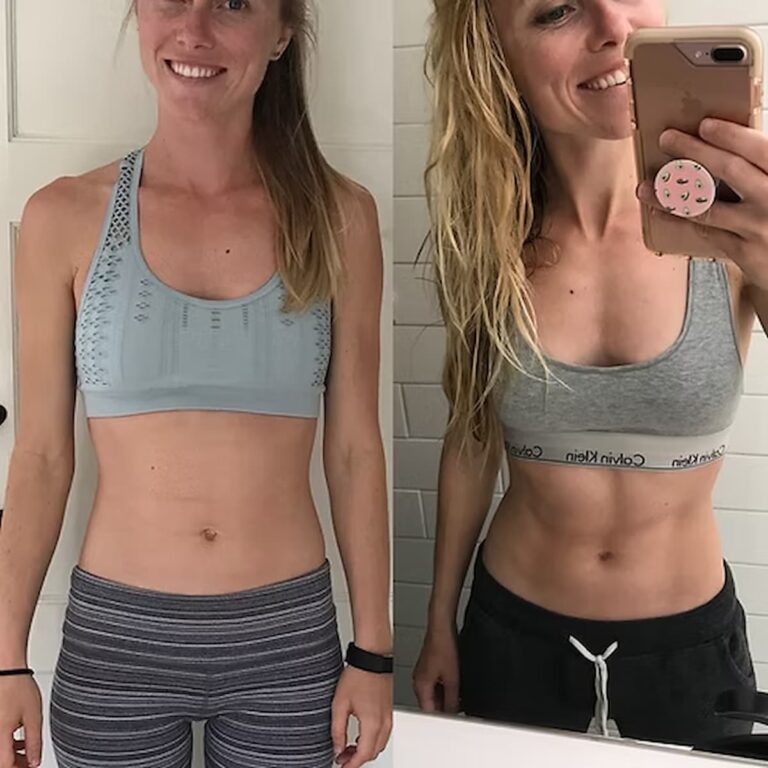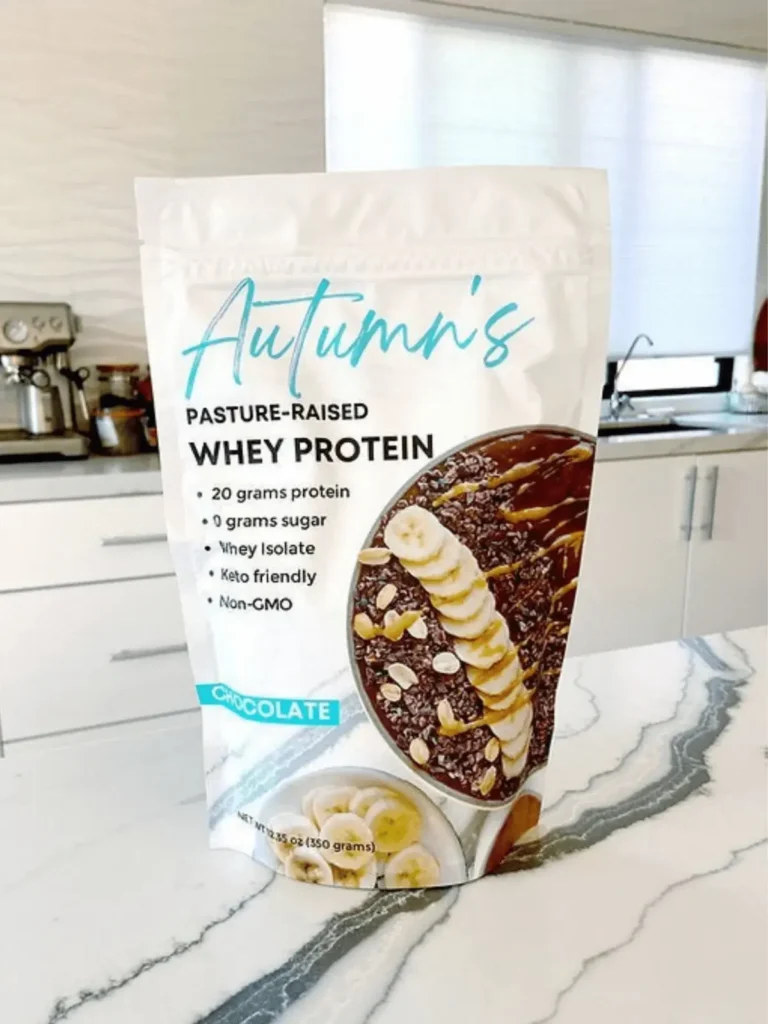You shouldn’t skip breakfast OR dinner with Intermittent Fasting. Instead, you should eat three full meals. Here’s why and how you do it.

The Difference Between Skipping a Meal and Intermittent Fasting
When you skip a meal, you’re literally removing one of your meals for that day. Assuming you’re used to eating three meals a day (breakfast, lunch and dinner), this means you’re missing out on 1/3 of your daily nutrient needs. A BIG nutrient you’ll be missing out on by simply skipping a meal, regardless of if it’s lunch or dinner, is protein.
Protein is our most satiating macronutrient. It’s also one of the most important nutrients to be getting enough of when you’re looking to achieve a weight loss goal. Protein has been studied to significantly aid in improving body composition and achieving a weight loss goal.(1) By skipping a meal, you’re missing out on 1/3 of your protein needs that are required to achieve a weight loss or wellness goal. With Intermittent Fasting, you’re not removing a meal. Rather, you’re eating the same amount during a smaller period of time.
Related: The Best Intermittent Fasting Meal Plan For Women
What Are The Benefits of Intermittent Fasting?
In other words, how can you possibly receive benefits if you’re eating the same amount of food that your body needs to thrive, but just during a smaller period of time? One key distinction is that by eating less frequently throughout the day, you’re allowing your gut to rest for longer periods of time. This helps to stimulate the gut healing process called the Migrating Motor Complex (aka MMC). The MMC cleans out left behind food and bacteria that would typically cause bloating. The MMC is only stimulated by not eating for at least 3 hours and 45 minutes – cue Intermittent Fasting!
Intermittent Fasting has also been found to aid in improving insulin sensitivity, which is an important health marker for conditions such as PCOS and obesity.(2) Intermittent Fasting has also been found to specifically burn fat as a fuel source.(2) When you’re looking to achieve a weight loss goal, you want to burn fat, not muscle, making Intermittent Fasting a good tool.
Related: How Monica Lost Nearly 25 Pounds On ACCIDENT With Intermittent Fasting

How Do You Start Intermittent Fasting?
The first place to start with your Intermittent Fasting journey is determining how long you will be fasting. This is not one-size-fits-all and it’s crucial to find a fasting window that will work best for you and your goals. You can take my free quiz (no email required!) to determine your Intermittent Fasting schedule HERE.
What you eat during your eating window matters just as much as the fasting window – especially if you’re looking to achieve a weight loss goal. When creating meals to support a weight loss goal with Intermittent Fasting, you want to emphasize high quality proteins, fats and fibers to keep insulin from spiking and allowing the body to naturally shift back into fat burning mode.

Tap into fat burning
The 21 Day Intermittent Fasting Program
The 21 Day Intermittent Fasting Program provides step-by-step strategies to help you use Intermittent Fasting with delicious, protein-packed meals to support fat loss, reduce hunger, and boost gut health.
















